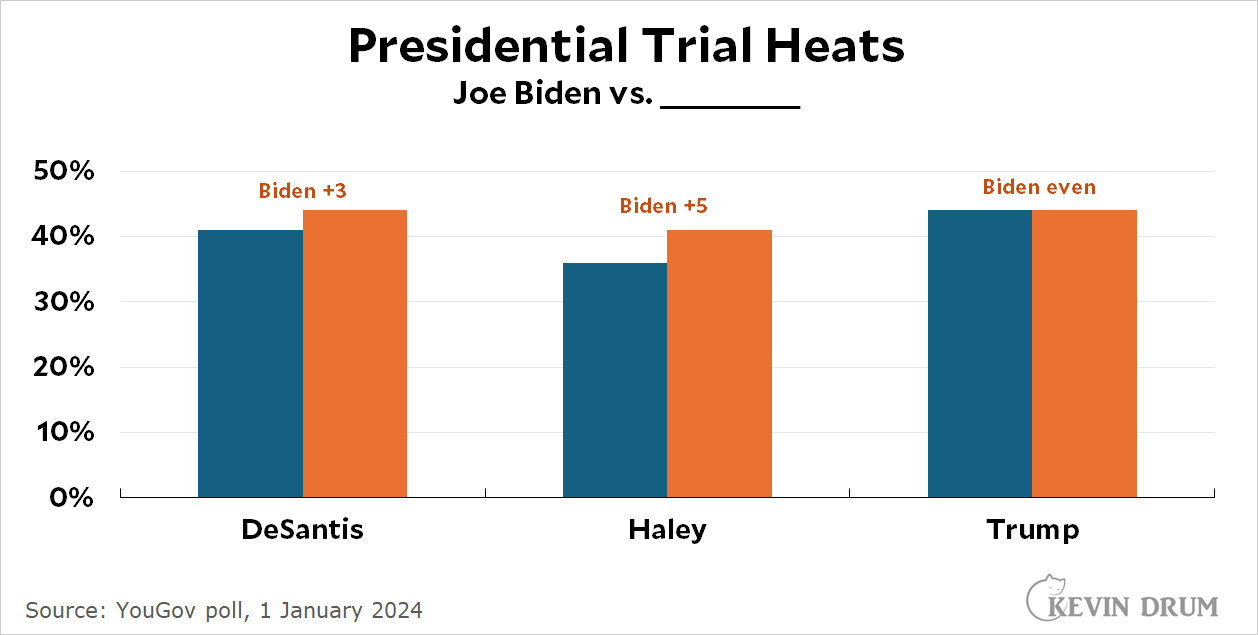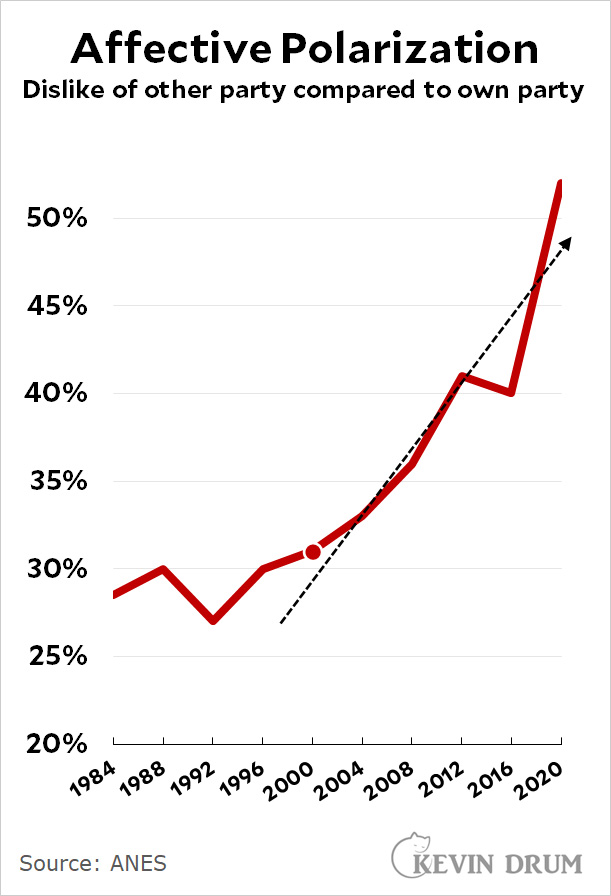From Elon Musk, after Tesla announced weak results yesterday:
Tesla is currently between two major growth waves.
You betcha. But not everyone bought it:
Dan Ives, a tech analyst with Wedbush Securities, said executives failed to address short-term concerns, even though he remains sold on the company’s long-term value.
“We were dead wrong expecting Musk and team to step up like adults in the room on the call and give a strategic and financial overview of the ongoing price cuts, margin structure and fluctuating demand. … instead we got a high-level Tesla long-term view with another train wreck conference call,” Ives wrote Thursday.
The company’s falling margins and “constant never-ending price cuts” are concerns, Ives wrote.
I'm a little surprised that analysts are surprised by this. Tesla was always bound to run into weakening growth when the rest of the world started competing in the electric car space, and they were lucky it took so long. But the future is finally here, and that means Tesla actually has to compete on both price and quality. Slowing revenue and weakening profits were inevitable.
This has nothing to do with whether or not Elon Musk is in his right mind these days. The smartest CEO in the world would have trouble navigating the changing climate of the EV market and responding to the tsunami of cheap Chinese EVs that are now flooding the world. Musk may or may not be one of history's great business geniuses, but even he can't turn back the tide on command.









